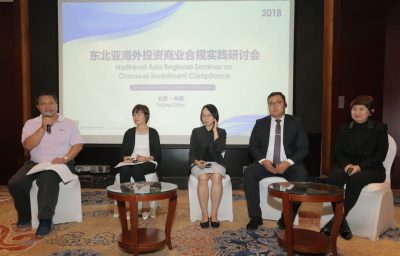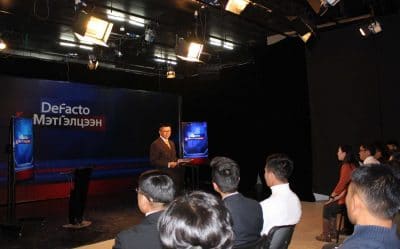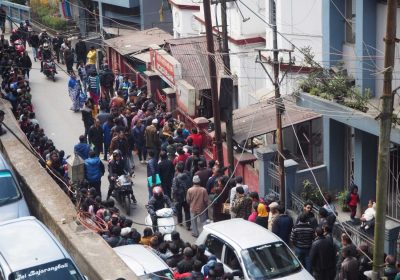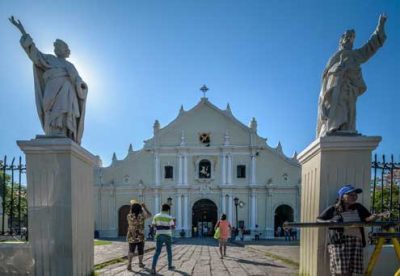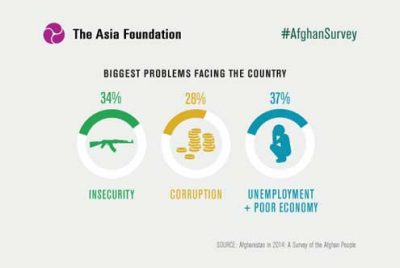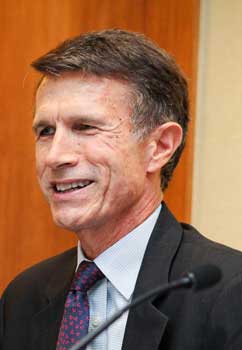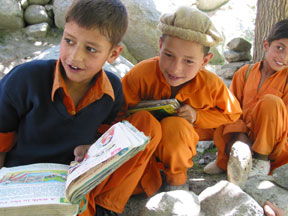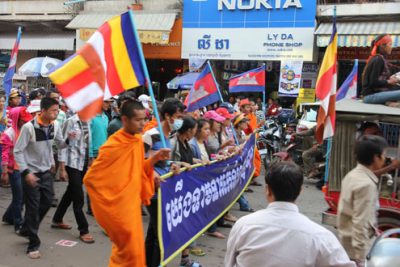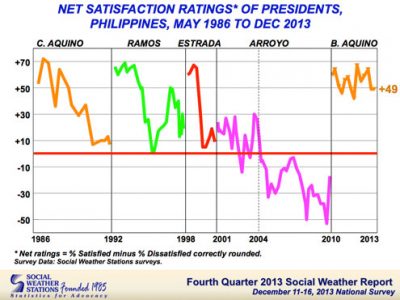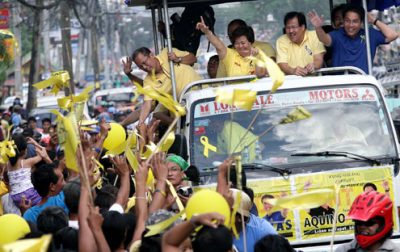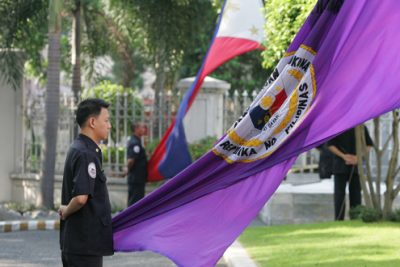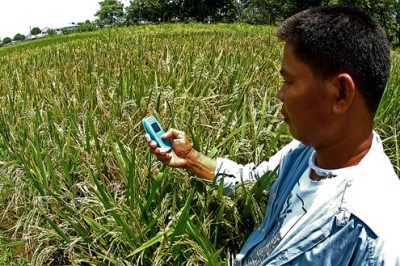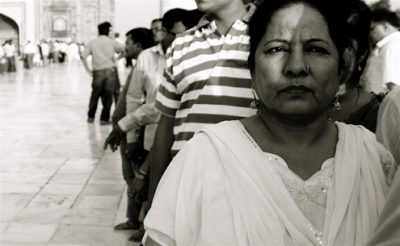Corruption
Asia Foundation and Beijing Rongzhi Corporate Social Responsibility Institute Co-Host Northeast Asia Regional Seminar on Overseas Investment Compliance
Beijing, September 25, 2018
News Post
On September 11, The Asia Foundation, in partnership with the Beijing Rongzhi Corporate Social Responsibility Institute hosted the Northeast Asia Regional Seminar on Overseas Investment Compliance, in Beijing. The seminar focused on overseas operational risks and compliance management of enterprises under the context of globalization. Opening remar… Read more
Building Ethics into Mongolia’s Business Ethos
March 14, 2018
Blog Post
Last week, The Asia Foundation and the Sant Maral Foundation released the eighth biannual survey of private sector perceptions of corruption, revealing a pivotal time in Mongolia’s business environment. During Mongolia’s transition in the 1990s from a centrally planned to a free market economy, the country underwent the privatization of its governm… Read more
Political Party Financing in Mongolia: A Road to Grand Corruption?
October 18, 2017
Blog Post
While true that Mongolia’s economy is heavily dependent on fluctuating coal and copper prices, it is also true that the country’s political parties increasingly influence economic outcomes. According to The Asia Foundation’s annual survey on perceptions of corruption in Mongolia, in 2010, political parties ranked fifth on a list of the 16 most corr… Read more
Q&A: Understanding India’s Cash Crisis
February 1, 2017
Blog Post
Nearly three months after Indian Prime Minister Narendra Modi announced a ban on its highest-denomination currency to curb corruption and tax evasion, the country is still reeling from the move, with millions struggling from a cash shortage in an overwhelmingly cash-dependent economy. In Asia editor Alma Freeman spoke with The Asia Foundation’s cou… Read more
The Politics of Religion in the Philippines
February 24, 2016
Blog Post
Thirty years ago, on Feb. 22, 1986, then Jaime Cardinal Sin made an urgent call on church-owned Radio Veritas for Filipinos to take to the streets and support the revolt against President Ferdinand E. Marcos. For most Filipinos, Jaime Cardinal Sin’s message was what started the People Power Revolution, with hundreds of thousands of supporters…
Does the Ghani Administration Mean a Greater Role for Women in the Afghan Economy?
November 19, 2014
Blog Post
At his inauguration on September 29, President Ashraf Ghani thanked his wife, Rula, for her support during the campaign, and to the surprise of many in Afghanistan, promised Afghans that she would continue her work advocating on behalf of the nation’s 750,000 internally displaced people. Having previously served as the country’s finance minister in 2002-2004…
Q&A with U.S. Ambassador to Indonesia Robert Blake
October 22, 2014
Blog Post
The Asia Foundation hosted four U.S. ambassadors to Asia at its headquarters in San Francisco on October 9 for “ASEAN Matters,” a panel discussion on why Asia is crucial to the United States’ economic growth. In Asia editor Alma Freeman sat down with U.S. Ambassador to Indonesia Robert Blake…
A Conversation with Mongolia’s Environment Minister Oyun Sanjasuren
July 23, 2014
Blog Post
As The Asia Foundation recently marked its 20th anniversary in Mongolia, Country Representative Meloney Lindberg sat down with Oyun Sanjasuren, Minister of Environment and Green Development and former Asia Foundation grantee…
Corruption in the Philippines: Survey of Business Execs Reveals ‘Mixed’ Findings
January 22, 2014
Blog Post
On January 15, the results of the latest “SWS Survey of Enterprises on Corruption” were released during an afternoon session of the Good Governance Summit 2014. The previous survey in 2012 showed an impressive record low of 43 percent of business executives who considered corruption to be widespread.
Photo Blog: Critical Issue -Transparency & Accountability
January 22, 2014
Blog Post
Corruption is deeply entrenched in many Asian countries and continues to erode public trust in democratic processes and in public institutions. Accountable governance institutions are essential to sustainable growth in Asia…
Are There Lessons for Cambodia from Philippines’ People Power Movement?
January 8, 2014
Blog Post
While the rest of the world launched fireworks to usher in the New Year, in Cambodia, an estimated 50,000 protesters marched in the streets of Phnom Penh on December 29, chanting “Hun Sen, get out.” The opposition Cambodia National Rescue Party (CNRP)…
Philippines 2014: The Best of Times or the Worst of Times?
January 8, 2014
Blog Post
January, named after the two-faced Roman god Janus, is a time that invites us to look back and look ahead. Here in the Philippines, excitable headlines make it hard to discern if 2013 was the worst of times, or the best of times – but either way, Filipinos seem to be looking forward to 2014 with optimism.
Is Aquino Moving the Philippines Closer to Good Governance?
May 29, 2013
Blog Post
Philippine President Benigno Aquino secured big wins in the May midterm elections, which were seen as vital to his ambitious reform agenda. Aquino now marks the midpoint of his single six-year term as president, and while it might be clear that politics has yet to change in the last three years…
Families, Not Political Parties Still Reign in the Philippines
May 22, 2013
Blog Post
There has been some controversy about the quality of the May 2013 general elections in the Philippines, during which some 18,000 local and national positions were elected. But the fairest verdict of this exercise in electronic voting would seem to be that, like in May 2010, elections changed…
Amid Staunch Opposition, ‘Sin Taxes’ Move Forward in Philippines
December 19, 2012
Blog Post
After months of hot debate and decades in the making, President Benigno Aquino Jr. is signing into law major changes to the tax structure on alcohol and tobacco products. This so-called “sin tax” is expected to raise P30 billion ($750 million) to provide health care services…
Corruption in the Philippines: Public Sector Improves But Private Sector Lags
September 26, 2012
Blog Post
On September 18, the preliminary results of the “2012 SWS Survey of Enterprises on Corruption” were released to the public. Of the 20 government institutions rated for sincerity in fighting corruption, 17 have improved. The results have confirmed “radical progress” in corruption reforms…
Fighting Corruption in the Philippines: Models for Long-Term Success
May 16, 2012
Blog Post
The issue of corruption in the Philippines has once again hit international newspapers with reports that the chief justice of the Supreme Court, Renato Corona (currently undergoing an impeachment trial before the Philippine Senate), had dozens of dollar accounts…
Political Families in the Philippines: Where Are They Now?
March 14, 2012
Blog Post
Given that I’ve written that kinship is the idiom of social organization in the Philippines, it’s probably not surprising that when asked for one book to read about the Philippines I often recommend An Anarchy of Families: State and Society in the Philippines, edited by Alfred W. McCoy.
Social Media in the Philippines is Widespread, but what is its Impact?
October 12, 2011
Blog Post
The Philippines long had a terrible reputation for telecommunications, with Singapore’s Lee Kuan Yew famously saying that in 1992, 99 percent of the population in the Philippines was waiting for a phone and 1 percent was waiting for a dial tone. However, beginning with the administration of Fidel Ramos (1992-1998) and followed by President Estrada (1998-2001), the telecoms industry was liberalized, and phone ownership skyrocketed.
Right to Information in India: An Effective Tool to Tackle Corruption
September 28, 2011
Blog Post
September 28 is celebrated internationally as
Philippine Senator Resigns Seat in Election Controversy with Deep Roots
August 10, 2011
Blog Post
On August 3, in a nationally televised speech, Senator Juan Miguel “Migs” Zubiri resigned his seat in the upper house of the Philippine Congress. While he stated emphatically that he did not cheat, or ask anybody else to cheat, when he ran in the 2007 election, Zubiri said that rising speculation and publicity about fraud…

